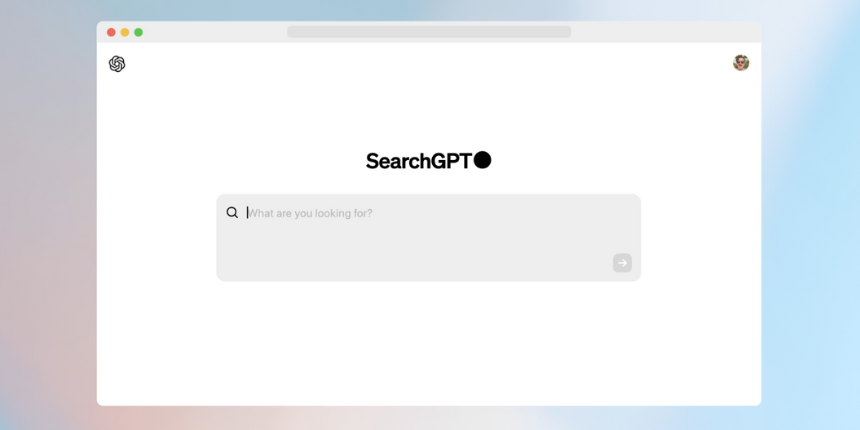
Navigate an unpredictable landscape with actionable, data-driven strategies tailored for your business from the brand down to the local level.

In my last post, I discussed the results of the 2013 Mobile Path-to-Purchase Study done by xAd and Telmetrics. The study found that mobile users were increasingly using their devices to initiate the purchase process, but how those purchases were completed differed depending on whether they were using a smartphone or a tablet.
Another element of the study focused on specific categories. While the full results of the various categories will be released in phases over the course of this year, the preliminary findings give us some interesting insights into consumer behaviour. The categories studied were Retail, Gas & Convenience, Banking & Finance, and Insurance.
The study found that 70% of users prefer to use brand websites or apps for retail, banking, and insurance research, but those searching for gas & convenience prefer comparison sites or apps like local business directories. However, searches for both gas & convenience and banking & finance were searching to make a more immediate purchase (50% immediately or within a day), whereas retail and insurance searchers were looking longer term. It will be interesting to see what the category detail will show about banking & finance since it seems to follow a different pattern from the rest.
For more consumer insights by category, we can look back at the 2012 study, where restaurants, automobiles, and travel were studied. As expected, behavior differed across categories and by the type of device being used. While smartphone users generally preferred directory apps, tablet users preferred brand sites. The one exception was the travel category, where both smartphone and tablet users preferred brand sites. The study also found that 45% of all searchers went directly to an app or site without being directed by a browser.
The timing of purchases varied across the categories. Eighty-seven percent of searchers under restaurants were planning on making a purchase within a day. Only 33% of those searching for travel fell under that timeline, and automotive searchers were nearly split at 49%. Likewise, 85% of restaurant searches, 51% of automotive searches, and 46% of travel searches end in a purchase, so it would appear that the more immediate the need, the less likely the consumer was to change their mind during the shopping process.
Subscribe to our monthly newsletter.
When it comes to using apps vs. websites, behaviour differs greatly by category. Ninety-two percent of time spent researching automobiles is done via mobile websites, whereas at least 70% of restaurant research takes place within apps. Travel is a bit more complicated. While 85% of users access apps and only 35% use websites, the app users are more likely to be using services like maps or travel review sites. Website users are more likely to be connecting directly with travel-related brands for hotels and rental cars.
Amidst all the differences, the three categories do have a couple things in common. In all cases, users are more focused on locally relevant information. Shoppers look for local-focused promotions and coupons, as well as locations that are nearby. Users are also greatly influenced by reviews, though that fact is even stronger among tablet users than smartphone users.
As you can see, there is a lot of valuable knowledge gained by digging into the mobile landscape and looking at specific trends by category. The results of both of these studies should be followed closely by businesses within these categories to ensure that they are tailoring their mobile sites and apps (or creating them, if need be!) to optimize the experience for mobile users. They are educated consumers with high intent to purchase, and we, as service and product providers, have the ability to give them the purchase validation they seek.
Interested in finding out more? Contact DAC today!
Navigate an unpredictable landscape with actionable, data-driven strategies tailored for your business from the brand down to the local level.
Navigate an unpredictable landscape with actionable, data-driven strategies tailored for your business from the brand down to the local level.
Navigate an unpredictable landscape with actionable, data-driven strategies tailored for your business from the brand down to the local level.
Subscribe to our monthly newsletter.